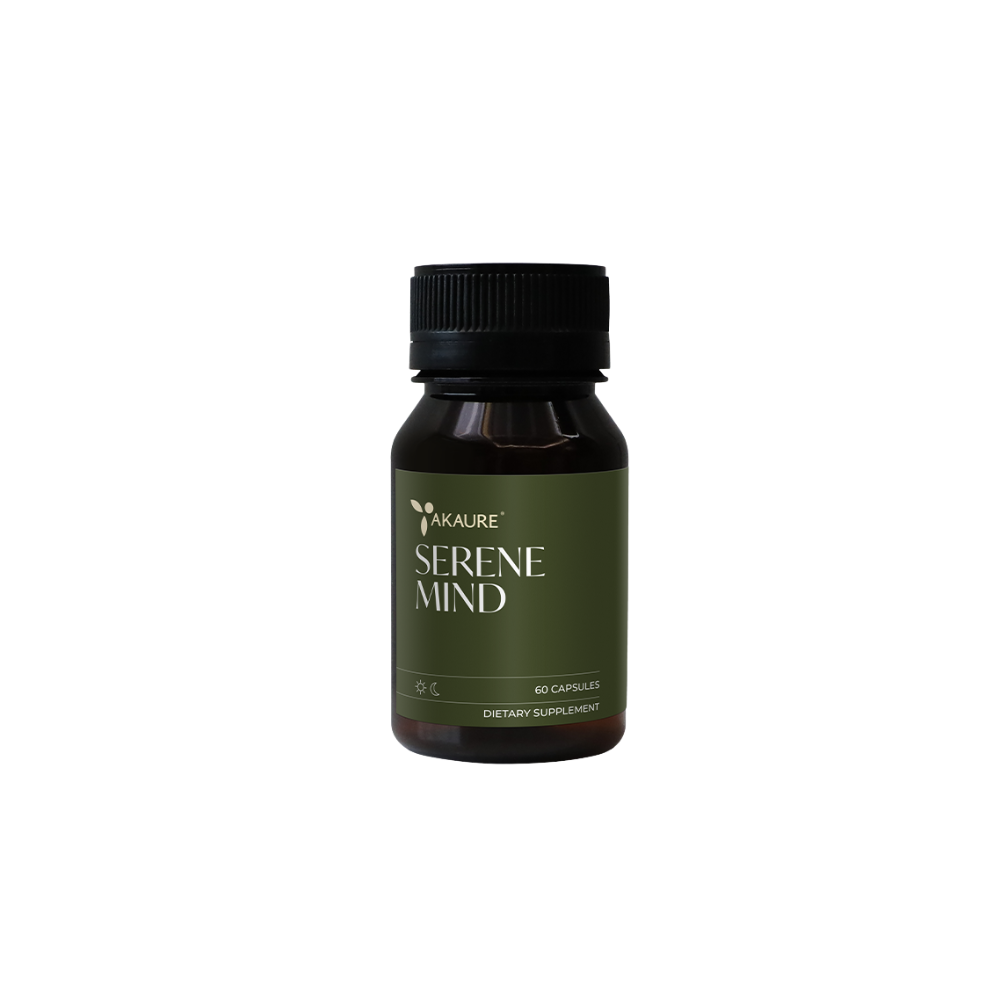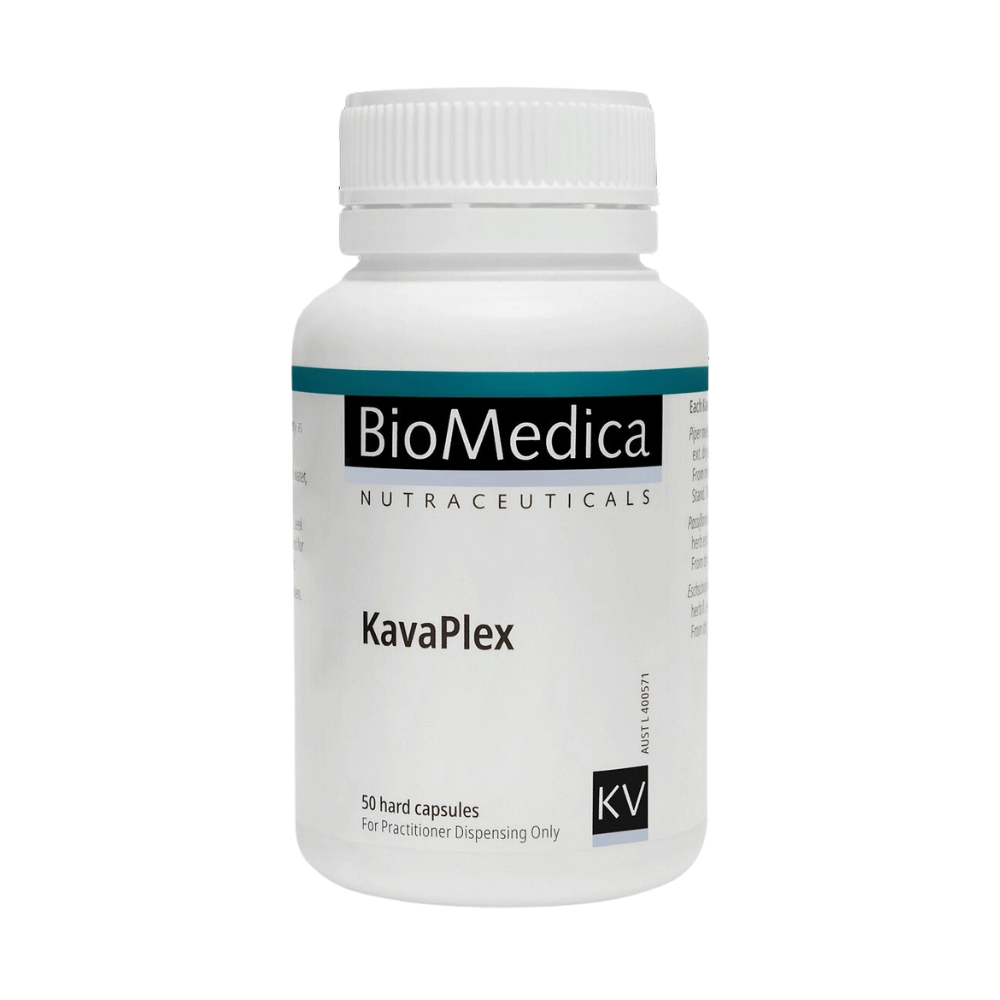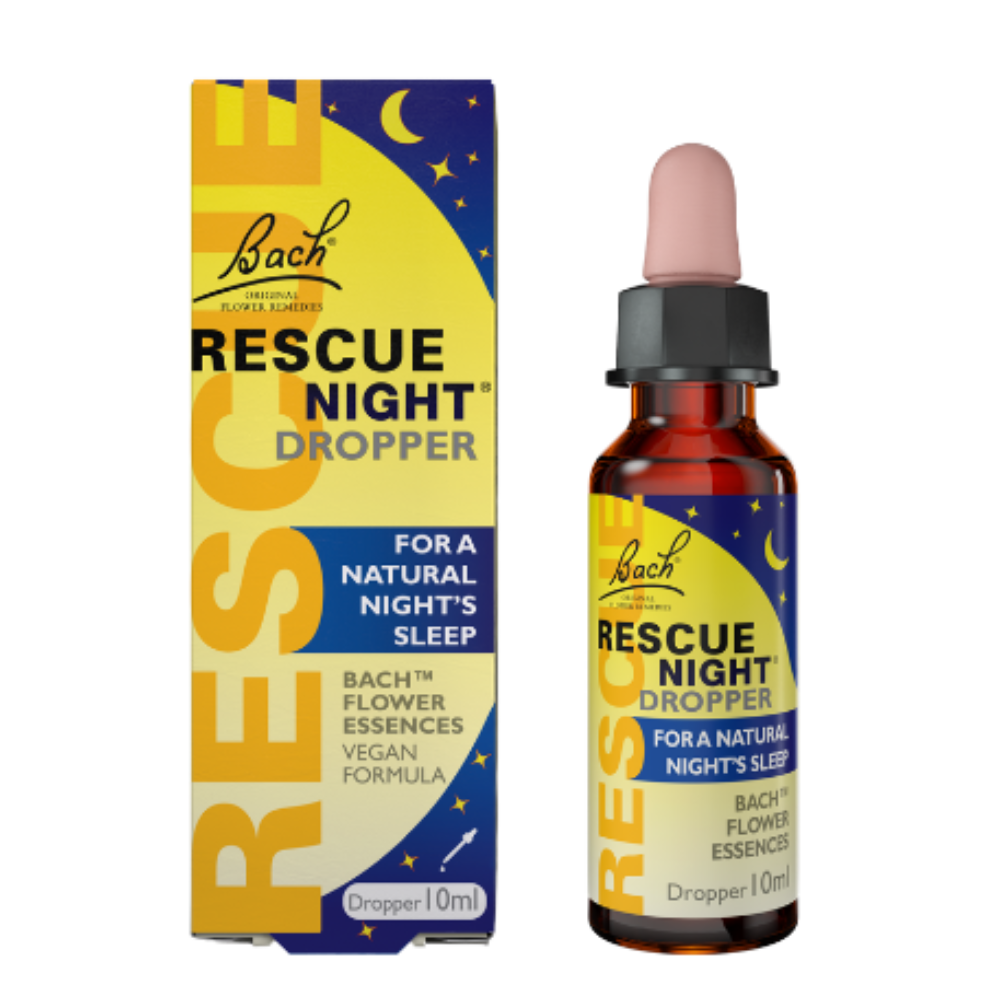Your body is constantly communicating with you, and your hormones are some of its most important messengers. When you're feeling exhausted, experiencing unexpected mood swings, or struggling with persistent skin concerns, your hormones might be trying to tell you something important about what's happening in your body.
At Nourishing Apothecary, we believe in getting to the root cause of your health concerns, and understanding your hormones is a crucial part of that journey. While standard blood tests offer valuable insights, they're just one piece of the puzzle. Let's explore how different testing methods can help you truly understand what your hormones are telling you.
Beyond the standard blood test
If you’ve had your hormones tested through blood work before, you know your doctor orders the test, you go in for a blood draw, and a few days later you get results that might show your hormones are "within normal range", even though you don't feel normal at all. This is a frustration we hear about often, and it's why we take a more comprehensive approach to hormone testing.
Blood tests capture a single moment in time, like taking a photo of a moving river. They're useful, but they don't show you the full picture of how your hormones fluctuate throughout the day, across your menstrual cycle, or in response to stress and other environmental factors.
The hormone testing toolkit
Saliva testing: capturing your daily rhythm
Your hormones don't stay constant throughout the day: they rise and fall in natural rhythms. This is particularly important for cortisol, your primary stress hormone, which should be highest in the morning to help you wake up and gradually decrease throughout the day.
Saliva testing allows us to measure your cortisol at multiple points across the day, revealing patterns that a single blood test might miss. If you're waking up exhausted despite getting enough sleep, or feeling wired at night when you should be winding down, saliva testing can show us what's really happening with your stress response.
This testing method is also useful for measuring sex hormones like oestrogen, progesterone and testosterone, giving us insight into how these hormones interact throughout your cycle.
DUTCH testing: the complete hormone story
The DUTCH (Dried Urine Test for Comprehensive Hormones) test is one of the most thorough hormone assessments available. Unlike blood or saliva tests that measure only the active hormones in your system, DUTCH testing shows us how your body is metabolising these hormones, essentially, what your body is doing with them after they've done their job.
This is particularly valuable because two people might have the same hormone levels on a blood test, but metabolise them completely differently. One might efficiently break down oestrogen into beneficial metabolites, while another might be creating metabolites that increase health risks. DUTCH testing reveals these crucial differences, allowing us to create truly personalised treatment plans.
The test also measures:
-
Your daily cortisol pattern
-
Melatonin levels (your sleep hormone)
-
Nutritional markers that affect hormone production
-
Oxidative stress markers
-
Neurotransmitter metabolites
Basal body temperature: your hormone compass
Sometimes the simplest tools are the most revealing. Tracking your basal body temperature (your body's temperature first thing in the morning before you get out of bed) can tell us a great deal about your thyroid function, ovulation patterns and metabolic health.
Your temperature naturally shifts throughout your menstrual cycle, rising slightly after ovulation due to progesterone. If these temperature shifts aren't happening, or if your baseline temperature is consistently low, it can indicate thyroid concerns or hormonal imbalances that might not show up on standard testing.
This is a tool you can use at home, and many of our clients find it empowering to understand their body's patterns so intimately.
What your symptoms are really telling you
While testing provides valuable data, we never overlook the importance of your lived experience. Your symptoms are your body's way of communicating that something is out of balance, and they often tell us exactly where to look.
When your energy tells a story
Waking up exhausted despite adequate sleep often points to cortisol dysregulation or thyroid concerns. If you experience an afternoon energy crash, your blood sugar and cortisol rhythms might need support. Feeling tired but wired at night? Your cortisol might not be decreasing as it should in the evening.
When your mood shifts
Hormonal imbalances often show up first in your emotional wellbeing. Feeling anxious or irritable in the days before your period might indicate high oestrogen relative to progesterone. Depression or low motivation could be linked to low thyroid function or depleted cortisol levels.
When your cycle changes
Your menstrual cycle is one of the most reliable indicators of hormonal health. Heavy bleeding, severe cramping, irregular cycles, or absent periods all tell us specific things about what might be happening with your oestrogen, progesterone, and other reproductive hormones.
The Nourishing Apothecary approach to hormone testing
At Nourishing Apothecary, we combine the best of comprehensive testing with traditional Naturopathic assessment to understand your unique hormonal picture. Rather than simply comparing your results to a "normal range," we look at optimal ranges – what your body needs to thrive, not just survive.
We consider the whole person
Your hormones don't exist in isolation. They're influenced by:
-
Your nutrition and gut health
-
Your stress levels and sleep patterns
-
Your environment and toxin exposure
-
Your life stage and health history
When we assess your hormones, we're looking at all of these factors to understand not just what's happening, but why it's happening.
We focus on patterns, not just numbers
A single out-of-range result tells us something, but patterns tell us much more. We look at how your hormones relate to each other – the ratios and relationships that determine how you feel. High oestrogen isn't necessarily a problem if progesterone is also high, but the same oestrogen level paired with low progesterone creates an imbalance that can cause significant symptoms.
We test with purpose
We don't order tests just to gather data. Each test we recommend is chosen to answer specific questions about your health and guide your treatment plan. We'll always explain why we're recommending particular tests and what we hope to learn from them.
When to consider comprehensive hormone testing
You might benefit from hormone testing beyond standard blood work if you're experiencing:
-
Persistent fatigue that doesn't improve with rest
-
Irregular, heavy, or painful periods
-
Difficulty conceiving
-
Unexplained weight changes
-
Mood swings, anxiety, or depression
-
Sleep disturbances
-
Hot flushes or night sweats
-
Persistent acne or skin concerns
-
Low libido
-
Hair loss or excessive hair growth
If you've had blood tests that came back "normal" but you still don't feel like yourself, comprehensive hormone testing can often reveal the imbalances that standard testing misses.
Your hormones, your health journey
Understanding your hormones is about empowering you with knowledge about your body. Your hormones are messengers, and when we learn to understand what they're telling us, we can work with your body's natural wisdom to restore balance.
At Nourishing Apothecary, we're here to help you decode these messages and create a personalised plan to support your hormonal health. From fertility challenges to managing the demands of daily life, or moving through perimenopause, understanding your hormones is the first step towards feeling yourself again.
If you're ready to understand what your hormones are really telling you, book a discovery call with our team. We'll talk about your health concerns, discuss which testing might be most helpful for you, and create a plan to restore your natural balance.









